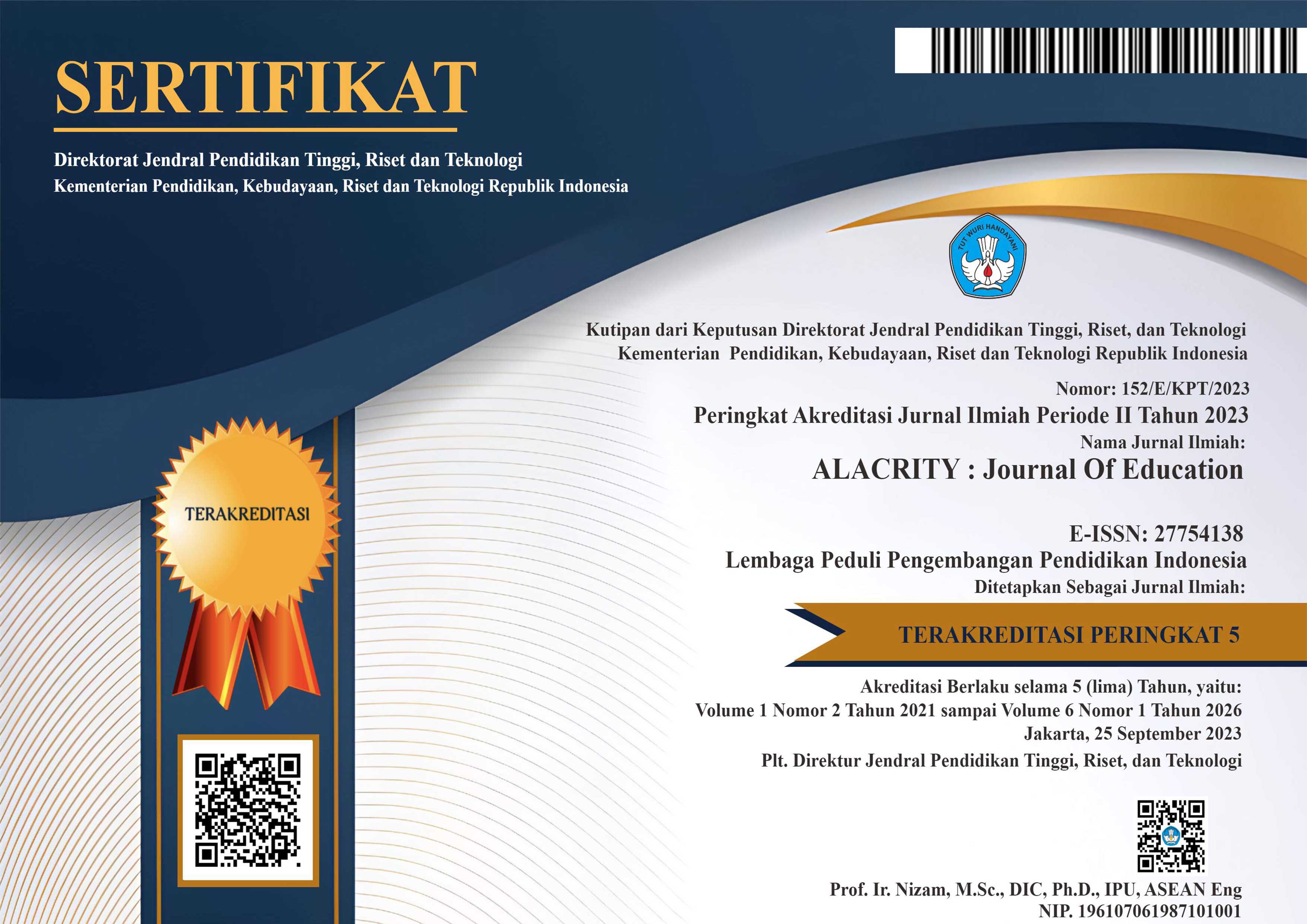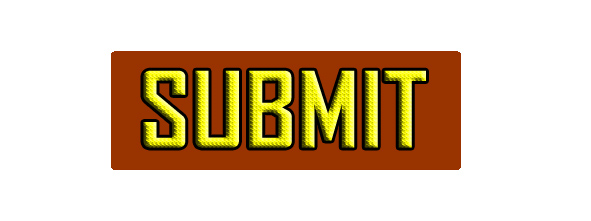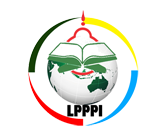Boosting Speaking Proficiency Through Make-a-Match: an Experimental Study on Tenth Graders
DOI:
https://doi.org/10.52121/alacrity.v5i2.750Keywords:
Make-a-Match, Speaking Proficiency, Cooperative Learning, EFL Instruction, Pedagogical Innovation, Vocational Education, Kurikulum MerdekaAbstract
This study investigates the pedagogical effectiveness of the Make-a-Match cooperative learning technique in enhancing English speaking proficiency among tenth-grade students at SMK Negeri 7 Watampone, Indonesia. The research addresses persistent instructional challenges in EFL classrooms, such as speaking anxiety, limited vocabulary, and low student confidence. Employing a one-group pretest-posttest pre-experimental design, the study measures improvements in accuracy, fluency, and comprehensibility using CEFR-aligned performance-based assessments. Findings reveal statistically significant gains in all speaking components, with the greatest improvement in comprehensibility. These outcomes validate Make-a-Match as a student-centered, interactive pedagogical approach that fosters active engagement, peer collaboration, and contextual language use. Moreover, the study underscores the alignment of this technique with Kurikulum Merdeka and 21st-century educational goals, reinforcing its value in vocational education where communicative competence is vital for employability. It also contributes to the broader discourse on innovative learning strategies by highlighting Make-a-Match as a sustainable instructional model that enhances not only language proficiency but also students' psychological readiness and social interaction skills. The findings offer practical insights for educators, curriculum designers, and policy stakeholders aiming to improve the quality and inclusivity of language education.
Downloads
Published
Issue
Section
License
Copyright (c) 2025 Taslim Taslim, Ratnawati Ratnawati, Fahriadi Muhdar, Ahmad Mustamir Waris

This work is licensed under a Creative Commons Attribution-ShareAlike 4.0 International License.













